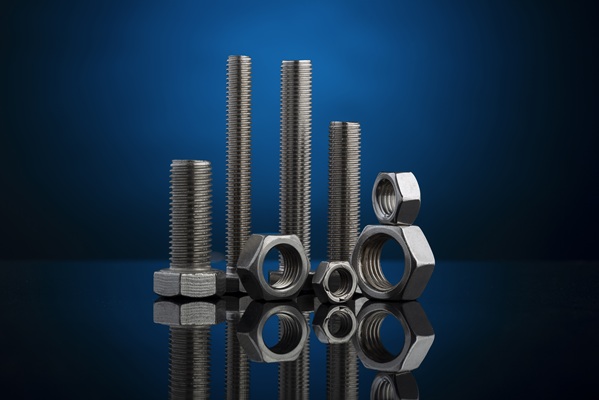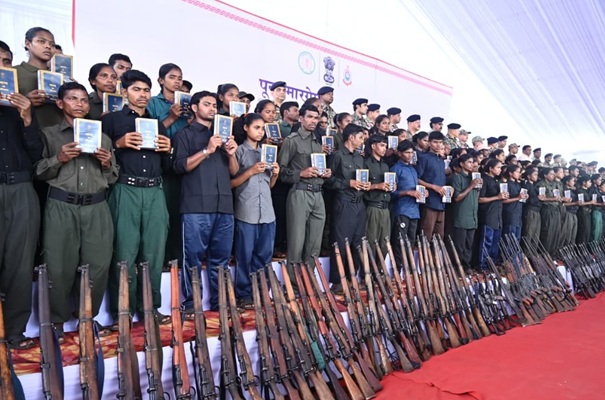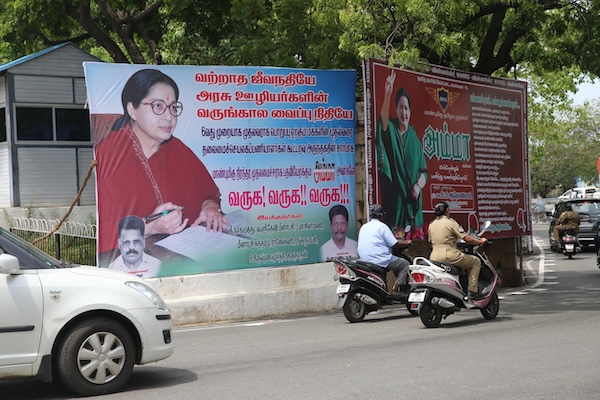.png)

Ajay Srivastava, founder of Global Trade Research Initiative, is an ex-Indian Trade Service officer with expertise in WTO and FTA negotiations.
March 13, 2025 at 1:06 PM IST
Come March 20, India’s manufacturing sector will face an avoidable crisis. A government-mandated Quality Control Order will effectively halt imports of steel fasteners—nuts, bolts, and screws—by requiring Bureau of Indian Standards certification for all domestic and foreign manufacturers.
Not a single foreign manufacturer has received approval under the new system. The result? Supply chain disruptions, higher costs, and a slowdown across industries ranging from automobiles to infrastructure.
The government’s rationale behind the QCO is clear: quality control and import substitution. But the execution has been anything but smooth.
BIS certification is notoriously slow and bureaucratic, and without approved suppliers, imports will grind to a halt. That is a massive problem in a country that imported $1.1 billion worth of steel fasteners in 2024, including high-end varieties that domestic manufacturers do not yet produce at scale. The biggest suppliers—China, Japan, South Korea, Germany, and the United States—are now locked out of the market overnight.
The repercussions will be severe. Steel fasteners are indispensable across industrial sectors. Every car, aircraft, railway, and bridge requires them for stability and safety. With no immediate domestic substitutes, manufacturers will either scramble for scarce supplies, face delays, or see costs surge.
Small- and mid-sized enterprises will bear the brunt, as many lack the financial muscle to navigate such disruptions. The resulting uncertainty could undermine India’s manufacturing ambitions at a time when it is striving to be a global industrial hub.
Beyond the supply crunch, the QCO also creates unnecessary friction at ports.
Customs officials, tasked with enforcing the order, will have to distinguish between regulated and non-regulated fasteners, a process ripe for delays and additional costs. The steel industry has already faced similar bottlenecks, with months-long clearance issues leading to demurrage costs for businesses.
The government’s phased implementation schedule only adds to the confusion. While large firms must comply from March 20, small and micro enterprises get additional time until June and September, respectively. However, importers—regardless of their size—get no such relief.
Mundra Customs has already clarified that the extended deadlines for small businesses do not apply to imports. That means smaller firms reliant on foreign fasteners will struggle to keep operations running while waiting for local production to catch up.
If the aim is to promote domestic manufacturing, the QCO risks backfiring.
Indian manufacturers do produce standard fasteners, but high-end, specialised variants require time, expertise, and capital to develop. By abruptly cutting off imports, the policy creates an artificial shortage without providing an immediate local alternative. For businesses, this means costly redesigns, production halts, or worse—moving operations elsewhere.
Industry associations are urging the government to reconsider. The simplest solution would be to either withdraw the QCO for steel fasteners or introduce a transition period that allows foreign suppliers to continue while BIS approvals are processed. Mutual recognition of international certifications could also be explored to avoid unnecessary duplication and delays.
India’s economic aspirations hinge on fostering a competitive manufacturing ecosystem. Policies meant to promote self-reliance should not come at the cost of stifling industries. The QCO, in its current form, is a self-inflicted wound. It threatens to do more harm than good and must be re-evaluated before the damage becomes irreversible.




